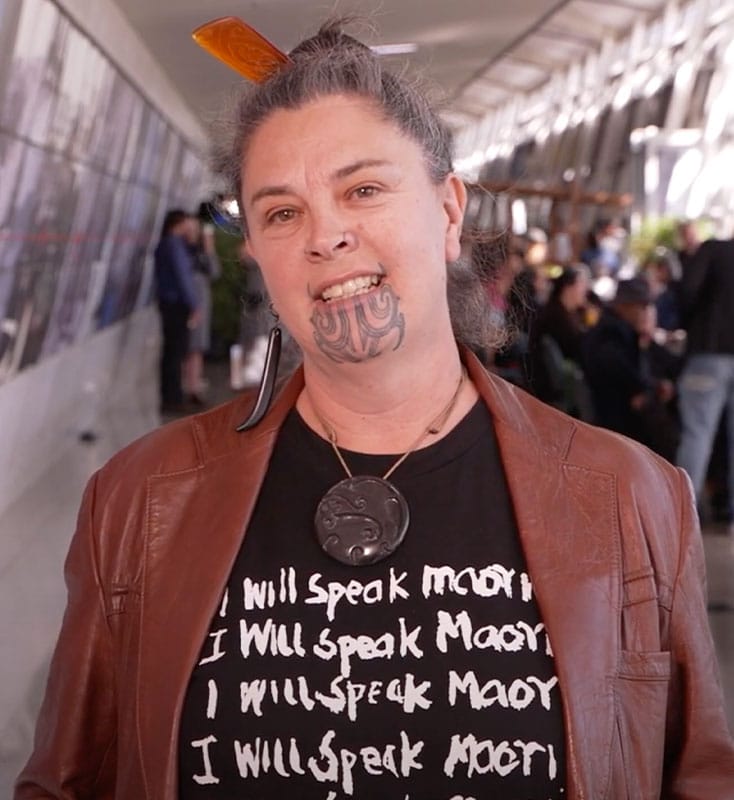Bathgate, M.
Economic Government Housing Schemes
Housing Corporation New Zealand, ,
1988
In this report, which stems from a bi-cultural workshop hosted by the Housing Corporation, Bathgate examines various strategies to enhance housing conditions for the Māori community and to boost their participation in the housing market.
After evaluating numerous proposals, the report outlines several alternative methods for delivering housing assistance. One innovative approach involves collabourating with diverse community groups, including gangs, in a sweat-equity scheme. This initiative not only aims to improve housing but also equips community members with valuable skills, potentially leading to economic development and greater self-reliance within these communities. The report also highlights the Low Deposit Rural Lending scheme, which leverages sweat-equity to lower housing costs. Another strategy discussed involves constructing houses on tribal land, which effectively removes the land cost from the equation. In this model, the iwi (tribal groups) buy building materials in bulk to reduce expenses further. Once the houses are completed, the iwi rent them out, using the rental income to pay off mortgages. This approach eventually generates a cash surplus, enabling the construction of additional houses. Despite these innovative strategies, Bathgate notes a lack of available literature assessing the effectiveness of such housing initiatives, particularly regarding their impact on meeting the Māori community’s housing needs. This gap points to the need for further research and evaluation in this area.










